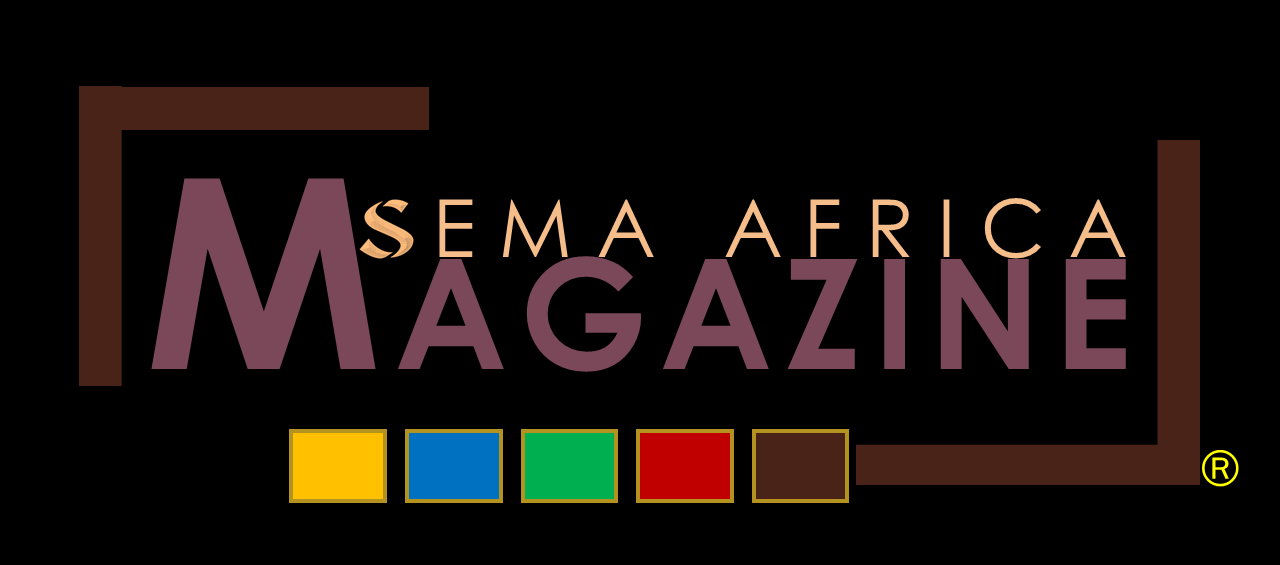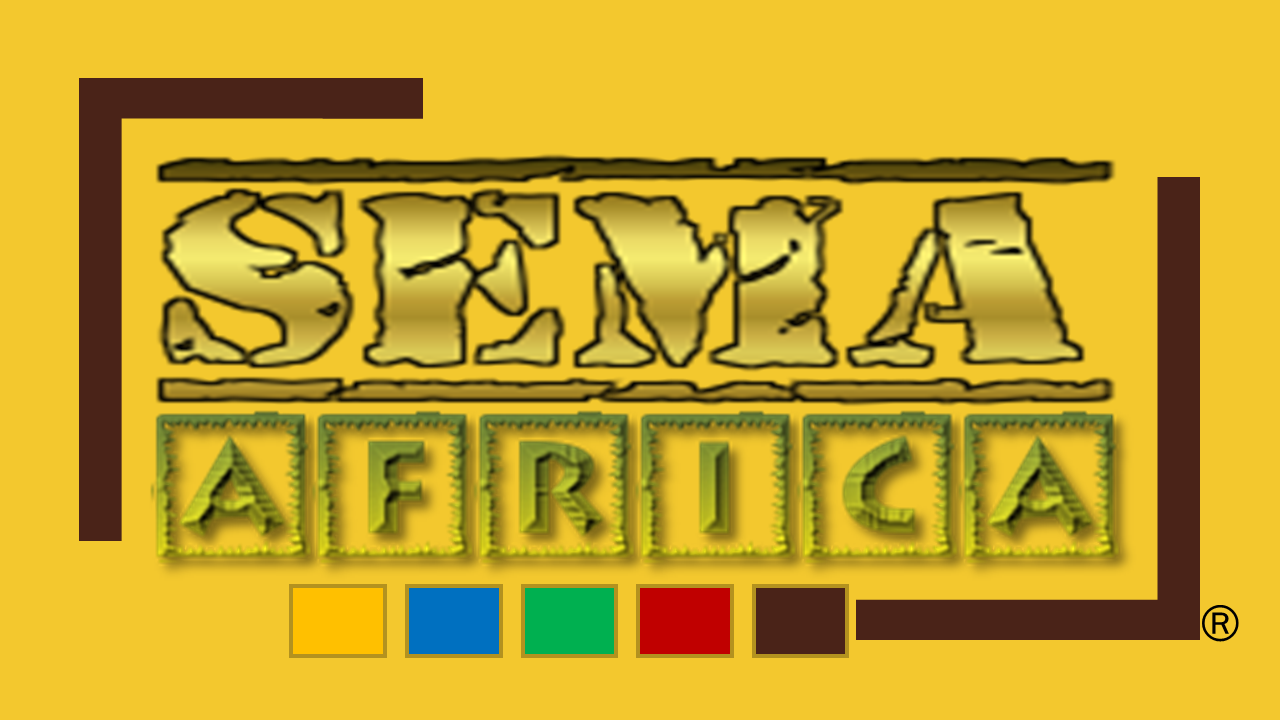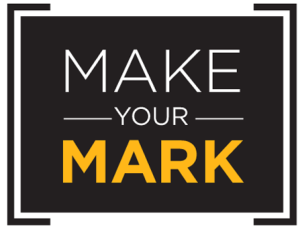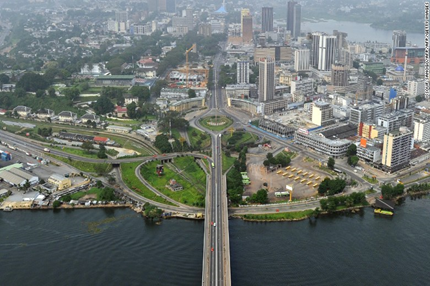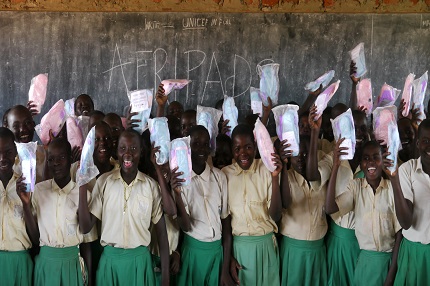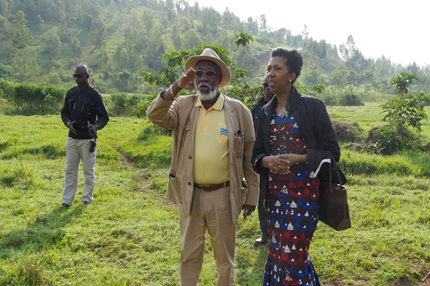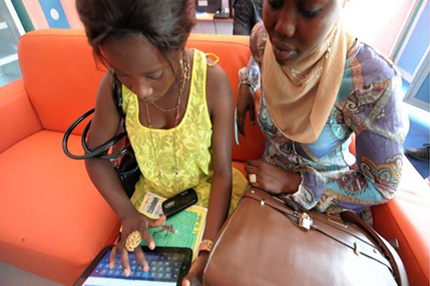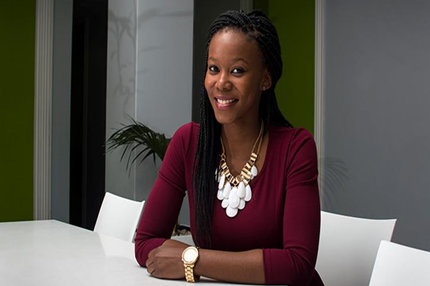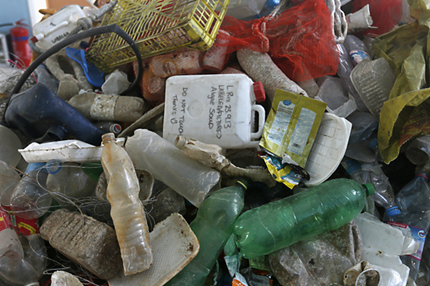Morocco bans sale of full-face veil

Most women in Morocco prefer the hijab without the face veil, but in some conservative regions the niqab is not uncommon [Reuters]
News media say law due to take effect soon also prohibits import and marketing of garment in "all cities and towns".
"We have taken the step of completely banning the import, manufacture and marketing of this garment in all the cities and towns of the kingdom," the Le360 news site quoted a high-ranking interior ministry official as saying on Tuesday.
Morocco has banned the production and sale of full-face veils apparently for security reasons, according to local media reports.
While there was no official announcement by authorities in the North African nation, the reports said the interior ministry order would take effect this week.
"We have taken the step of completely banning the import, manufacture and marketing of this garment in all the cities and towns of the kingdom," the Le360 news site quoted a high-ranking interior ministry official as saying on Tuesday.
It said the measure appeared to be motivated by security concerns, "since bandits have repeatedly used this garment to perpetrate their crimes".
Most women in Morocco, whose King Mohammed VI favours a moderate version of Islam, prefer the hijab, or headscarf, which does not cover the face.
The niqab, which leaves the area
around the eyes uncovered, is also worn in more conservative
regions in the north, from where thousands of fighters have gone to
fight in Syria and Iraq.
Women's rights and gender equality, we highlights issues affecting women, girls and transgender people.


In some commercial districts of Casablanca, the country's economic capital, interior ministry officials on Monday conducted "awareness-raising campaigns with traders to inform them of this new decision", the Media 24 website said.
In Taroudant, in southern Morocco, authorities ordered traders to stop making and selling burqas and to liquidate their stock within 48 hours, the reports said.
Retailers in the northern town of Ouislane were said to have received similar instructions.
Footsteps of France?
It was unclear if Morocco plans to follow in the footsteps of some European countries, such as France and Belgium, where it is illegal to wear full veils in public.
The reports were met a muted response in the absence of official confirmation, though Salafists expressed concern that the measure could be expanded to include the niqab.
"Is Morocco moving towards banning the niqab that Muslim women have worn for five centuries?" Salafist sheikh Hassan Kettani wrote on Facebook.
"If true, it would be a
disaster."
Why Burqas Are Illegal In Some Countries
Hammad Kabbaj, a preacher who was barred from standing in parliamentary elections in October over his alleged ties to "extremism", denounced the ban as "unacceptable".
In comments on Facebook, he mocked the "Morocco of freedom and human rights" which "considers the wearing of the Western swimsuit on the beaches an untouchable right".
But Nouzha Skalli, a former family and social development minister, welcomed the ban as "an important step in the fight against religious extremism".
The High Council of Ulemas, the country's top religious authority, has yet to comment on the issue of banning full-face veils.

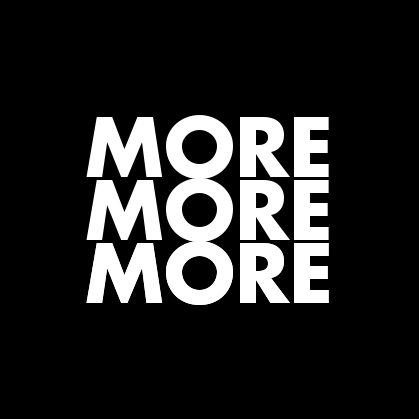
YOU MAY ALSO
LIKE:...
GREAT DEALS FOR
YOU:...

SUGGESTED FOR
YOU

SPONSORED CONTENT


YOUR SHOPPING MADE EASY
Africa's Change Makers Magazine
COMPANY
AFRICAN ACHIEVERS INTERNATIONAL Inc. is a global media and technology company including lifestyle media publisher SEMA AFRICA
online
Magazine AFRICAN ACHIEVERS MAGAZINE, digital shopping
platform PA-BEAUTY STATION.COM, event management
PRIDE OF AFRICA, awards program AfIA
AWARDS, youth and talent development, PILLARS OF
HOPE and AAK, Volunteerism
UNIVERSIDAY grassroots community support
NAD and financial support
REMITGROW and monthly subscription box AAi Must
Have. ....
More from African Achievers International
SUBSCRIBE

